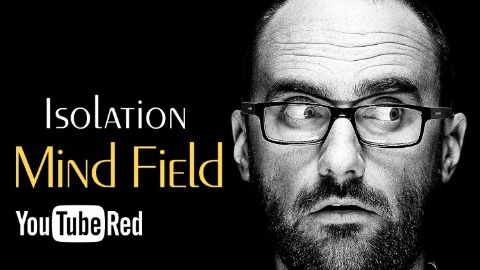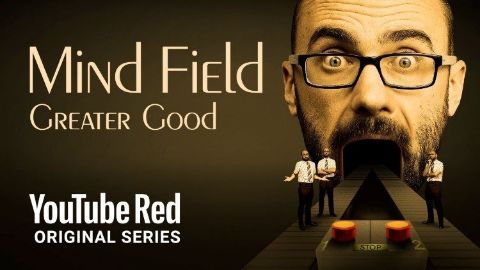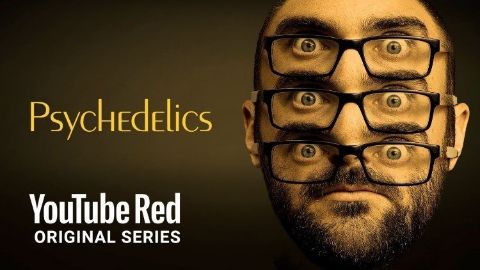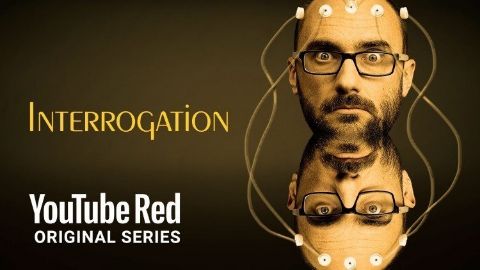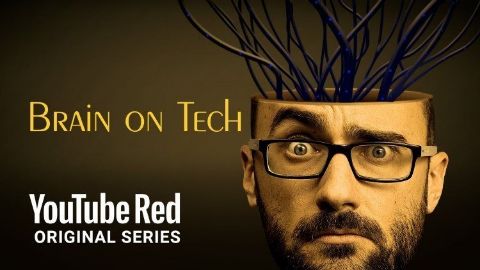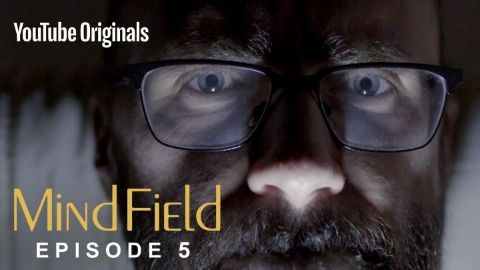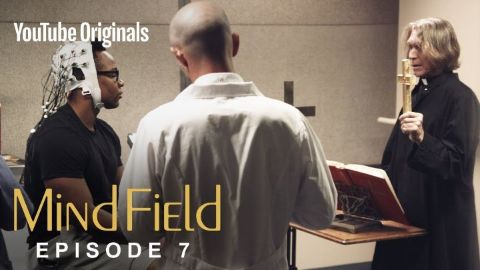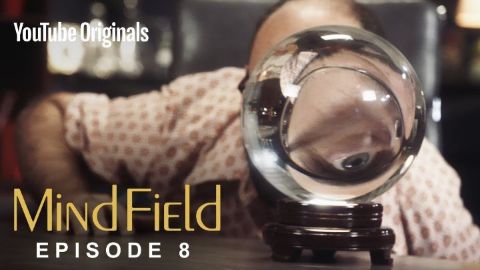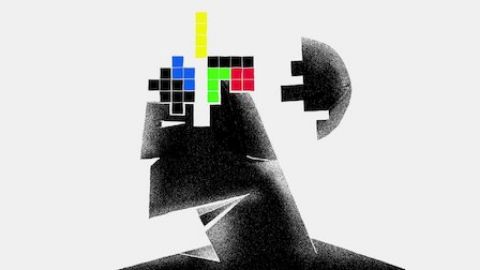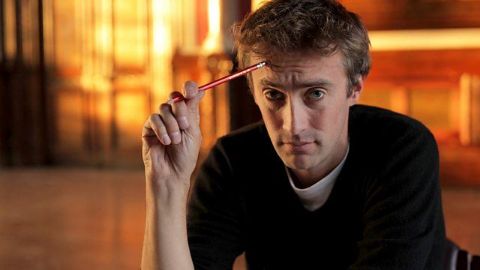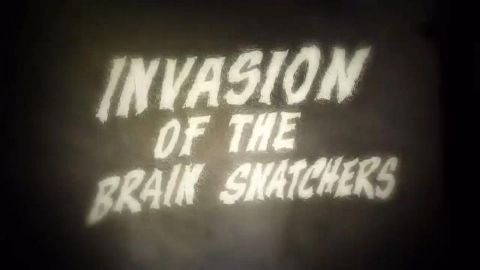Mind Field • 2017 - 2019 • 13 episodes •
What happens when your brain is deprived of stimulation? What effect does being cut off from interaction with the outside world have on a person? What effect does it have on me, when I am locked in a windowless, soundproof isolation chamber for three days? In this episode of Mind Field, I take both an objective and a very intimate look at Isolation.
2017 • Brain
Would you reroute a train to run over one person to prevent it from running over five others? In the classic “Trolley Problem” survey, most people say they would. But I wanted to test what people would actually do in a real-life situation. In the world’s first realistic simulation of this controversial moral dilemma, unsuspecting subjects will be forced to make what they believe is a life-or-death decision.
2017 • Brain
Do psychedelic drugs really bring about self-healing and personal enlightenment? New research says they may. In this episode, I travel to the Amazonian jungle of Peru to experience the mind-expanding effects of the psychedelic brew Ayahuasca.
2017 • Brain
Psychology. Neuroscience. Drugs. All can be tools of interrogation. In this episode, an expert shows me how to coerce unsuspecting subjects into signing false confessions; a police psychologist questions me about my personal life after I am injected with a truth serum; and I match wits against a new brainwave-reading lie-detection method developed at Northwestern University.
2017 • Brain
Technology isn’t just changing our lives. It’s literally changing our brains -- and maybe for the better. In this episode, I’m a human lab rat in a groundbreaking study at UC Irvine, where scientists test how playing 3D video games affects my spatial memory. Will 10 days of gaming improve my ability to physically navigate a giant, 60-foot maze? And will an fMRI machine detect any physical changes to my brain?
2017 • Brain
Humans are the only Earthlings with complex language. But at what cost was that ability acquired? In this episode, I visit Tetsuro Matsuzawa to learn about his influential cognitive tradeoff hypothesis.
2019 • Brain
How are our moral decisions influenced by factors we’re not aware of? A phenomenon known as Moral Licensing claims that when we do something good, we often subconsciously allow ourselves to then do something bad. In this episode, I take a look at whether those who donate money to charity become more likely to let a kid take the blame for a crime they know they committed.
2018 • Brain
There are 100 billion individual neurons in the human brain. Working together, they allow us to make sense of, and move through, the world around us. Scientists have built replicas of the human brain with computers, but no one has ever successfully made a brain out of humans. On this episode, I’ll travel back to my hometown of Stilwell, Kansas, and turn it into a working brain!
2018 • Brain
Normal people can become monsters, given the right situation. That’s the standard narrative of the Stanford Prison Experiment, one of the most famous psychological experiments of all time. But what if the cause of its participants’ cruel behavior wasn’t what we’ve always been told?
2018 • Brain
If I could live forever, should I? How does being reminded of our own mortality affect us psychologically? In this episode I speak with mortician and death positivity activist Caitlin Doughty and visit a cryonics facility trying to extend human life indefinitely. Will I take them up on their offer, or will I choose to die?
2018 • Brain
Are we alone in the universe? Even if we could contact aliens, what would we say? How would we say it? And, most importantly, should we even be trying to make contact at all? This episode takes me on a journey to compose and send my own personal message into outer space.
2019 • Brain
How can a lie become true? In this episode, Dr. Aaron Blaisdell and I create a game show that is actually a giant “human Skinner Box” to observe the formation of superstitious beliefs. And Dr. Samuel Veissière helps me design and perform a placebo reverse exorcism, harnessing the power of belief in both science and religion to convince normal people that a spirit has possessed their bodies.
2019 • Brain
In this episode I visit a researcher who is studying memory by using machine learning and neuroimaging to detect and predict people's brain states. I also travel to Japan to meet with a team working on ways to record the content of peoples’ dreams.
2019 • Brain
